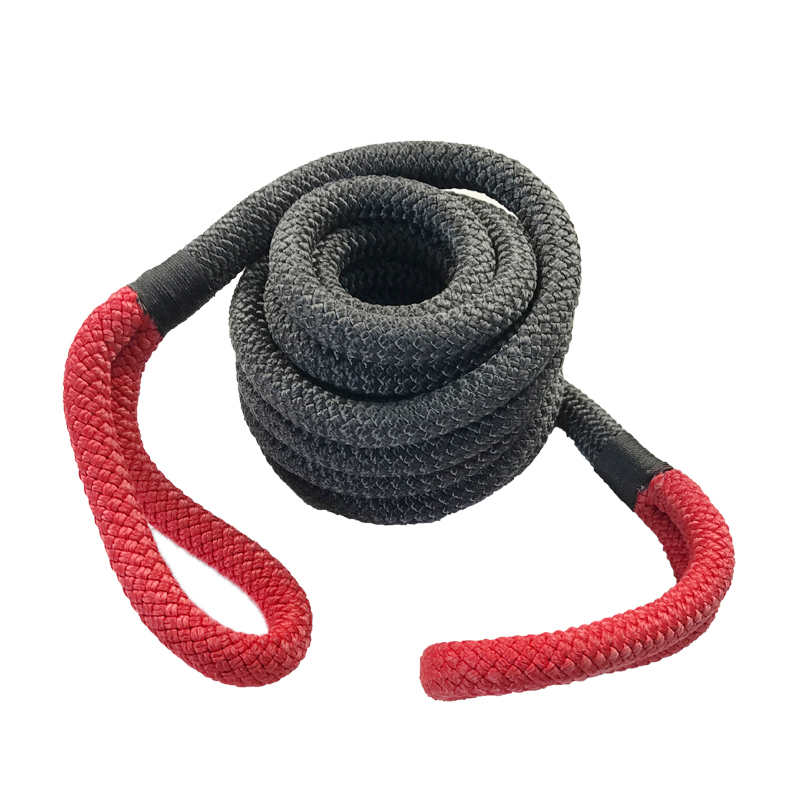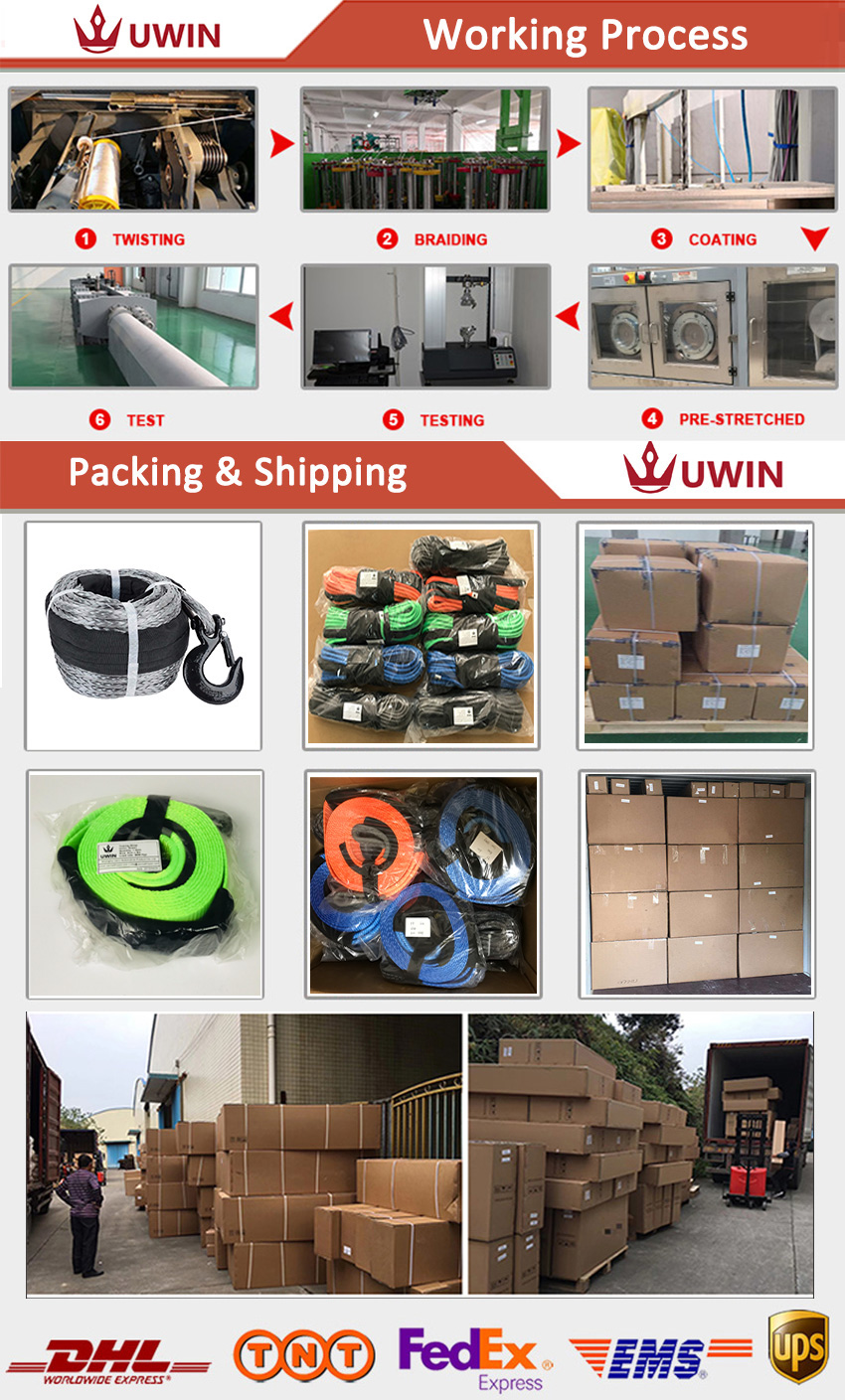Friends who are familiar with the car will know that the fuel consumption data of the Ministry of Industry and Information Technology has always been low, generally about 2 liters per 100 kilometers lower than actual driving. So this makes it a lot of people's minds, an indicator that does not have much reference value. Some people must ask why the fuel consumption of the Ministry of Industry and Information Technology, which differs from actual driving, has always appeared in new cars. What kind of significance does it have? For this purpose, the writer will tell you today that many people do not understand it. Ministry of Industry fuel consumption. ▲ The fuel consumption of the Ministry of Industry and Information Technology comes from the European cycle driving method The fuel consumption test of the Ministry of Industry and Information Technology uses the European cycle driving law promulgated in 2000. It includes urban working conditions and suburban working conditions. In the European cycle driving method, it is assumed that the urban area accounts for 30%, and the suburban area accounts for 70%. In the two methods of direct measurement and indirect measurement, the Ministry of Industry and Information Technology uses an indirect measurement method. ▲What is the significance of the fuel consumption of the Ministry of Industry and Information Technology? According to the Ministry of Industry and Information Technology, starting from January 1, 2010, the publicity system for fuel consumption of light vehicles will be established. Apart from seeing the publicity of the vehicles on the website of the Ministry of Industry and Information Technology, car owners must also paste the actual fuel consumption logo (front windshield position) before the vehicle leaves the factory, which is our common “small yellow mark†so that consumers can consume fuel for the new car. The situation is clear at a glance. ▲ What is the fuel consumption test method of the Ministry of Industry and Information Technology? For light vehicles (maximum total mass no more than 3.5 tons), the vehicle is placed on a test bench to simulate the actual road speed and load, according to a certain working conditions (such as idle speed, acceleration, constant speed, deceleration, etc. Operating conditions). The final measurement of carbon dioxide, carbon monoxide and hydrocarbon emissions, in accordance with the carbon balance method to estimate fuel consumption. Although the principle may seem simple, it is a rather large and tedious test process. A complete test cycle totals 1180 seconds. It consists of four urban operating conditions and a suburban operating condition. The urban operating condition is 780 seconds and the maximum speed is 50km/h. Suburban conditions 400 seconds, the maximum speed of 120km / h. In the experiment, the test vehicles were to be operated under conditions of idling, decelerating, shifting, accelerating, and constant speed. In urban conditions, the average speed is only 19km/h, and the idle time is longer. Under suburban conditions, the average speed is over 60km/h, and the constant speed will be more. As for our common comprehensive fuel consumption, we use the total emissions of the urban and suburban cycle, divided by the total mileage of these two cycles, and calculate the fuel consumption value by using the emissions. Then why does the Ministry of Industry and Information Technology have to choose the carbon balance of exhaust emissions to determine fuel consumption? The author believes that this should be closely linked with energy saving and emission reduction and controlling carbon emissions. ▲ Why the fuel consumption of the Ministry of Industry and the actual fuel consumption is so much different? Based on the above test methods, the fuel consumption of the Ministry of Industry and Information Technology is fuel consumption measured by exhaust gas testing under a series of simulated and simulated conditions, so there is a significant difference between it and actual driving. 1 No wind resistance under simulated conditions First of all, the low-speed driving of the car mainly overcomes the friction between the tire and the ground caused by the weight of the vehicle, and the wind resistance gradually becomes the main resistance after the speed increases. In particular, when the speed is higher than 120km/h, a large part of the resistance comes from wind resistance, which is the main source of fuel consumption for high-speed vehicles. On the experimental stage, these reaction forces are inevitably different from actual driving. 2 Simulation conditions do not meet the actual driving conditions in China The European cycle method is occupied by 30% and 70% of the stations in the city and the suburbs respectively. However, the actual driving situation in the country is quite complicated. This proportion may be very different. It is obviously different from the road conditions in Europe. ▲ Why does the Ministry of Industry and Information Technology not develop domestic fuel consumption testing methods? Based on the above circumstances, there should be a lot of riders questioned the reference value of the fuel consumption of the Ministry of Industry and Information Technology. If the relevant departments can set simulation conditions in the light of China's actual situation, is the result obtained more meaningful? Because China is too big and there are huge differences in road conditions and climatic conditions in different regions, it is a rather tedious test process to develop a set of “Chinese characteristics†simulation conditions. Therefore, the best method at this stage is to temporarily use the European standard test, and then gradually improve the test standards for their own. Although the specific values ​​can not be used as a reference, but it can be used as a comparative analysis between the models, so that consumers among several cars, you can intuitively understand which car is the most fuel-efficient. Conclusion: Although the fuel consumption of the Ministry of Industry and Information Technology has a large gap with our daily car use, it can be a standardized measure. Because in the same test environment, we use it to make horizontal comparisons. It is easy to see which car is the most fuel-efficient. As for the actual fuel consumption performance of the new vehicle, in fact, we can also add about two oils to the fuel consumption of the Ministry of Industry and Information Technology. The result of such speculation will be closer to actual fuel consumption. In summary, although the fuel consumption of the Ministry of Industry and Information Technology is different from the actual driving situation, its existence is undoubtedly significant. Recovery tow Rope Synthetic Winch Extensions
-Made from 100% high-tenacity, double braided nylon rope
-High strength/Replace steel wire.
-Allows for an even pull during recoveries.
-Reduced stress to vehicle components compared to static tow straps.
-Very useful for flat towing in tight trails.
-Smooth surface and not fluff.
-Excellent abrasion resistance and UV resistance.
-No difference in tensile strength when wet or dry.
Item
Recovery tow Rope Synthetic
Winch Extensions
Size
1/2",3/4'',7/8'',1'',1-1/4'',1-1/2'',2'',2-1/2''
Color
Blue, Red, Orange, Yellow, Green, Pink, Gray, Black etc.
Length
10',20' or 30'' As Finished
Length or based on your need.
Accessories
Metal shackle, Soft Shackle, Hook
Package
Bag with carton (Customized)
MOQ
1 pcs
Sample
Available
Synthetic Winch Extensions Synthetic Winch Rope,Synthetic Rigging Line,Superline Synthetic Winch Extension,Synthetic Winch Extensions Shanghai Uwin Automotive Product Co.,Ltd , https://www.uwinoffroad.com
